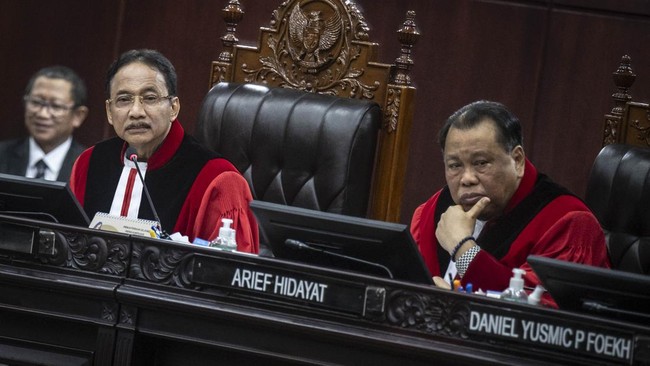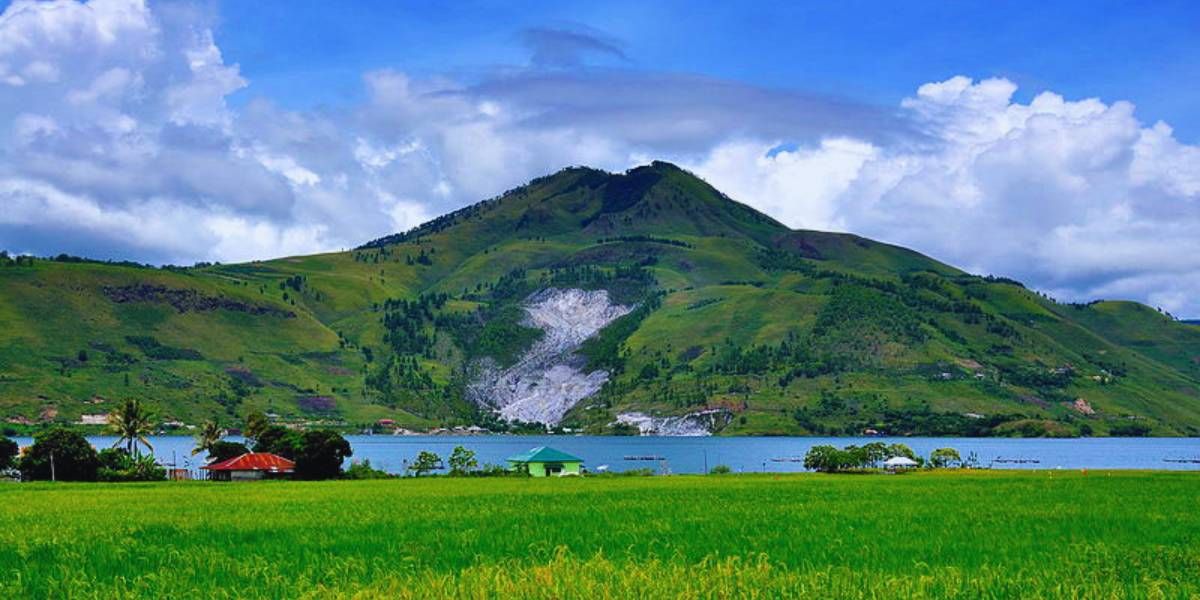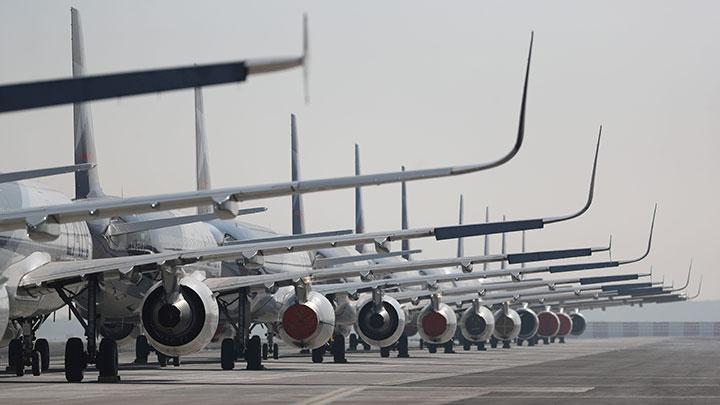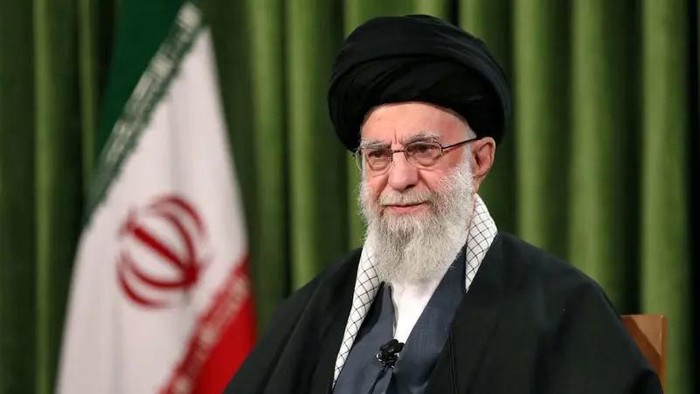
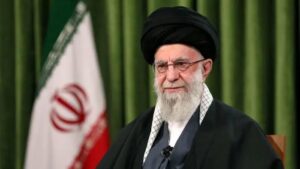
alphine8848.com, Jakarta – Tensions are running high in the Middle East as Iran and Israel find themselves on a collision course once again. The recent warning issued by Iran’s Supreme Leader, Ayatollah Khamenei, has sent shockwaves through diplomatic circles, raising concerns about the potential consequences of an attack on Iran’s consulate. In this latest development of international intrigue, all eyes are on the escalating situation between these two regional powerhouses. Let’s delve into the details and explore what this could mean for global stability.
Background on the tension between Iran and Israel
Tensions between Iran and Israel have a long history rooted in geopolitical conflicts, religious differences, and competing interests in the Middle East. The two nations find themselves on opposing sides of various regional issues, leading to ongoing animosity and distrust. Iran’s support for militant groups like Hezbollah and Hamas has raised concerns in Israel about threats to its security. On the other hand, Iran views Israel as a hostile entity that poses a threat to its regional influence and stability.
The nuclear ambitions of Iran have further exacerbated tensions with Israel, which sees Tehran’s pursuit of nuclear capabilities as a direct existential threat. In response, Israel has advocated for tough international sanctions against Iran to curb its nuclear program. Both countries have engaged in proxy wars across the region, from Syria to Lebanon, intensifying the rivalry between them. These complex dynamics continue to fuel tensions and contribute to an unstable environment in the Middle East.
Khamenei’s warning to Israel
Tensions between Iran and Israel have once again escalated, with Supreme Leader Ayatollah Khamenei issuing a stern warning to Israel regarding the potential consequences of attacking Iran’s consulate. In a recent address, Khamenei emphasized that any aggression towards Iranian diplomatic missions would not go unanswered.
The warning from Khamenei comes amidst heightened hostilities in the region, raising concerns about the stability and peace in the Middle East. The Iranian leader made it clear that any attack on Iran’s consulate would be met with regret by Israel. As both countries navigate a delicate geopolitical landscape, the threat of conflict looms large. The international community is closely monitoring the situation, urging restraint and diplomatic dialogue to prevent further escalation. Khamenei’s message serves as a stark reminder of the volatile nature of relationships between nations in this tumultuous region. It underscores the need for de-escalation efforts and diplomacy to avoid catastrophic outcomes.
Possible consequences of an attack on Iran’s consulate
If Israel were to launch an attack on Iran’s consulate, the repercussions could be severe. Such a provocative act may escalate tensions between the two countries, leading to a dangerous cycle of retaliation and counterattacks. The destruction of diplomatic premises violates international norms and could spark condemnation from the global community.
An assault on Iran’s consulate would likely strain diplomatic relations not only between Tehran and Tel Aviv but also impact regional stability in the already volatile Middle East. It could potentially ignite conflicts beyond borders, drawing in other nations and escalating into a larger crisis with far-reaching consequences. Furthermore, targeting a foreign embassy is considered an egregious violation of international law and could lead to significant backlash from other nations. The fallout from such an attack might result in economic sanctions, political isolation, or even military intervention against the aggressor.
International reactions and diplomatic efforts
The escalating tensions between Iran and Israel have sparked a flurry of international reactions and diplomatic efforts aimed at de-escalating the situation. Countries around the world are closely monitoring the developments, with many expressing concerns over the potential consequences of any military confrontation between the two nations. Diplomatic channels are being utilized to urge restraint and promote dialogue as a means to resolve differences peacefully. International organizations such as the United Nations are also actively engaged in seeking ways to prevent further escalation and maintain regional stability.
Efforts are underway to encourage both Iran and Israel to exercise caution and avoid actions that could lead to heightened hostilities. The global community is emphasizing the importance of diplomacy in resolving conflicts rather than resorting to military force. The response from various nations varies, with some advocating for mediation while others express solidarity with either Iran or Israel. As tensions continue to simmer, diplomatic efforts remain crucial in preventing a potentially devastating conflict that could have far-reaching implications beyond the region.
The impact on regional stability and global peace
The potential attack on Iran’s consulate by Israel has far-reaching implications for regional stability and global peace. Any escalation of hostilities between these two nations could set off a chain reaction in the already volatile Middle East region. The delicate balance of power could be disrupted, leading to further conflicts and unrest.
Moreover, such an attack would likely draw in other countries that have vested interests in the region, deepening the crisis and making it even harder to find a peaceful resolution. The ripple effects could spread beyond borders, affecting trade routes, energy supplies, and sparking new alliances or enmities. Global peace is at stake as well; any military confrontation between Iran and Israel has the potential to escalate into a larger conflict involving major world powers. The international community must act swiftly and decisively to prevent this situation from spiraling out of control.
Conclusion
In a time of heightened tensions between Iran and Israel, Khamenei’s warning regarding a potential attack on Iran’s consulate sends a clear message. The consequences of such an action could have far-reaching implications for regional stability and global peace. As diplomatic efforts continue to navigate the delicate balance in the Middle East, it is crucial for all parties involved to exercise restraint and prioritize dialogue over conflict. Any escalation of hostilities could have devastating repercussions for the entire region.
The international community must remain vigilant and actively engage in finding peaceful resolutions to prevent any further deterioration of the situation. It is imperative that cooler heads prevail to avoid a scenario where regret becomes inevitable. Khamenei’s words serve as a stark reminder of the fragile nature of geopolitics in this volatile region. As we move forward, let us strive towards de-escalation and diplomacy in pursuit of lasting peace and stability for all nations involved.

